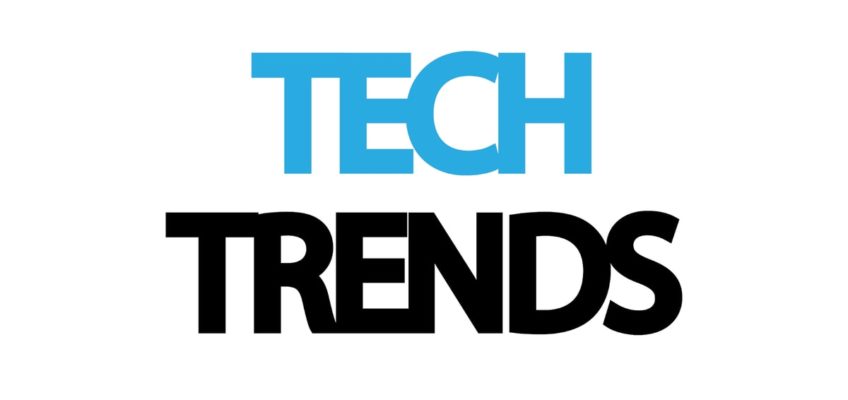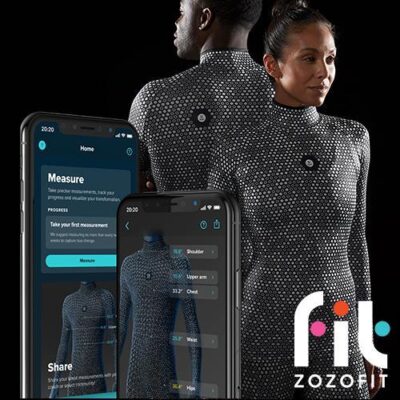Better security verification for online courses, combined with immersive technologies and Artificial Intelligence (AI) will take MOOCs to the next level.
The popularity of Online Courses has steadily increased in recent years. Millions of students have enrolled onto MOOCs (Massive Open Online Courses) offered by prestigious institutions around the globe and facilitated by platforms like Coursera, EdX and Futurelearn.
But although this growth shows no signs of slowing down (Coursera alone currently has 26 million users and over 150 university partners) the drop-out rates have been shown to be much higher for MOOCs than campus-based courses, with some studies placing the average completion rate at around 13%.
The popularity of Online Courses has steadily increased in recent years Share on XOne of the main reasons for this has been a certain credibility issue. While some people are quite happy to sign onto these courses for sheer personal development, the main motivation for busy professionals to complete, for instance, an MBA, is to improve their employability and career prospects. If the validity of those qualifications is brought into question however, this undermines the whole premise and renders that investment– of both time and money – worthless.
We need to ensure that the person collecting the certificate is the same one who did the work Share on XOne key issue here is the fact that it has been traditionally difficult to determine whether the person doing the coursework is the same one as has their name on the certificate issued. And although this isn’t a problem unique to online courses, it’s much easier to find such loopholes where sign-up processes only require an email address, for example.
This is something that looks set to change, however, as more people have become used to stricter checks in relation to processes such as online banking, tax returns, or immigration assessment. Which is why one of the world’s largest visa application contractors – VSF Global – has just announced that it is entering the online education space to effectively help bridge that credibility gap.
VSF Global identity verification expertise to improve MOOC credibility Share on XThey have partnered with UK EdTech start-up Oxademy to extend their identity management services – which they already provide to over 50 governments including the US, Russia and the UK – for the purpose of processing passports and visas. By importing the same kind of security techniques they have developed for verifying visa information into education, and also including a final exam where students have to be physically present with their ID, they’re hoping to make online courses (specially in emerging economies where this type of fraud is endemic) much more attractive to potential employers.
VFS-Oxademy will provide internationally accredited post-graduate and executive education programmes in full online and ‘blended’ modes combining online with classroom learning for students worldwide. These courses will be affiliated with top universities in the UK and US, and will include Masters in Business Administration (MBA), Masters in Strategic Leadership (MSL) and Masters of Science in Organisation Leadership). Although still requiring a substantial financial commitment, these online MBAs are significantly more affordable at £7,000 (compared to over £21,000 average for many other on-campus providers).
They plan to grow by targeting companies looking to invest in their workforce, particularly in developing countries, by taking advantage of those relatively lower costs. This also ties into the work placement element of the courses, where MBA students have to take part in a work placement as part of final stages of their course. This will enable students in the Middle East or India to work with a company in the UK via virtual technologies, something that also suits employers who often struggle to find office space for work experience students but are happy to interact with them virtually.
Oxademy courses will personalise content with Artificial Intelligence Share on XBoth the identity-checking and blended learning elements require a physical infrastructure in place, which is why is why VSF is in quite a unique position to implement the model effectively, since it already has 1,900 visa centres in 127 countries distributed around the globe.
Oxademy will also address the lack of personal engagement which feeds into those high drop-out rates by leveraging Artificial Intelligence to personalize its courses. Its cloud infrastructure system called OX360 will provide real-time analysis of performance data and include features such as a chat facility so that students can speak to tutors direct at any time, plus a mobile app to prompt students on which course material they need to study ahead of their next online session.
AI systems judge if a learner is struggling with an exercise and adapt Share on XThe AI system can judge, for example, if a learner is struggling with a particular exercise or spending a longer time than average to read through it, and alter the course content accordingly. By identifying each learner’s particular strengths and weaknesses and generating individualized learning paths, the hope is that students will feel the same level of engagement and support as they would if they were consuming the same content on campus. In a digital world where we’re seeing immersive technologies such as Virtual Reality develop at exponential speed, it follows that students will increasingly see this as a viable and worthwhile option for furthering their education.
This article was originally published on EdTech Digest
Taking MOOCs to the Next Level https://t.co/Fyyee099bg pic.twitter.com/3MUhFe7pXe
— edtech digest (@edtechdigest) August 3, 2017
Alice Bonasio is a VR Consultant and Tech Trends’ Editor in Chief. She also regularly writes for Fast Company, Ars Technica, Quartz, Wired and others. Connect with her on LinkedInand follow @alicebonasio on Twitter.









